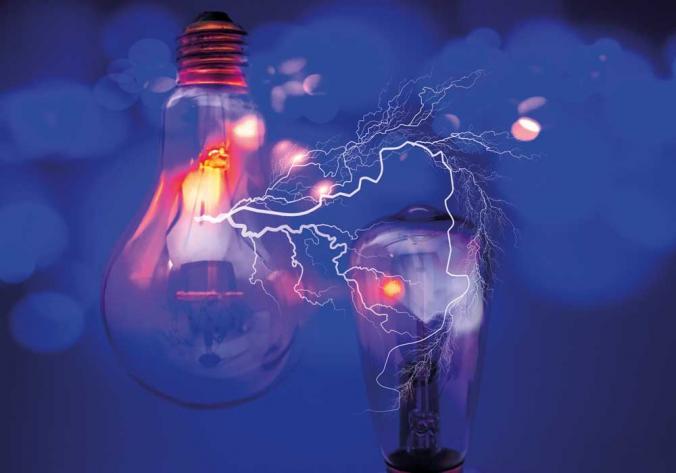Better nutrient cycle from wastewater with RAVITA – production testing starts
Using the so-called RAVITA process it is possible to reutilize phosphorus nutrient. The nutrient cycle reduces the use of virgin phosphorus. A demo plant will be built at Viikinmäki, Finland's wastewater treatment plant in 2018.
The production of phosphoric acid will be tested in the demo plant to optimize the process and calculate cost benefits. Helsinki Region Environmental Services HSY started research and development of RAVITA process in 2014. In the RAVITA process phosphorus is recovered as phosphoric acid which can be utilized in a broad range of industrial processes and fertilizer production. In addition, the recovery of phosphorus can be combined with nitrogen recovery, resulting in ammonium phosphate as the end product.
Nutrients from wastewater
Wastewater will become a resource which will be increasingly utilized in treatment plants of different sizes in the future. The main source of phosphorus is virgin apatite reserves in the soil, which are mainly located outside Europe. There is varying information about their sufficiency, which is between 60 and 400 years, and the European Union has included phosphorus on the list of critical materials.
- The RAVITA process is highly scalable and suitable for various treatment plants. This increases the number of phosphorus-removing treatment plants and reduces nutrient loading in receiving waters. More advanced, separate nutrient recovery techniques are already available on the market, but these technologies are not, as such, suitable for Nordic treatment plants, says Head of Department Mari Heinonen.
The RAVITA project has attracted interest both domestically and abroad. The process has already been presented internationally at several conferences and events and has also attracted interest from companies. RAVITA was selected in June 2017 as a Government Key project along with two other nutrient recovery projects. In spring 2018, the RAVITA project also won the SITRA municipalities’ circular economy action award and the innovation competition for the EU funded BONUS RETURN project for the improvement of the state of the Baltic Sea. The project has been funded by the Finnish Ministry of the Environment as part of the RAKI program.
More information about the project: hsy.fi/ravita
More about wastewater treatment in HSY









